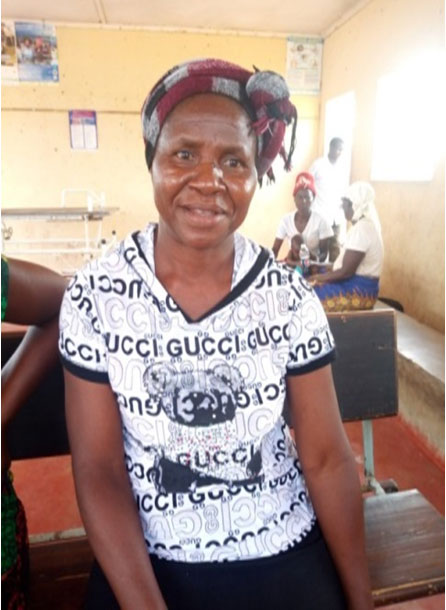Fakero Kanyurira, a subsistence farmer in Zimbabwe’s Mbire District, wakes repeatedly throughout the night to chase away elephants and buffaloes from his lush green maize and sweet potato crops along the Angwa River. Keeping watch requires Fakero and his family of six to sleep in an open-air shelter, easy prey for malaria-carrying mosquitos scavenging their next blood meal. Three insecticide-treated nets, received through My Net, My Life, are his family’s sole protection against malaria.
In the wild, infested areas of Mbire, suffering from malaria was once the norm. Like Fakero, many farmers spend six to eight months in temporary homes along the Angwa and Mwazamutanda rivers, guarding their crops in sweltering heat so their families can eat. Exposed and unprotected, these seasonal night-watchers would often succumb to malaria two, three, four times or more a season.
People needed a way to protect themselves. Responding to this need, the U.S. President’s Malaria Initiative (PMI) collaborated with the Ministry of Health and Child Care and the local community to provide lifesaving insecticide-treated nets via PMI’s Zimbabwe Assistance Program in Malaria (ZAPIM) project. In September 2016, PMI distributed more than 6,000 nets in three wards with high malaria burdens, enough to protect 97 percent of the target population.
Wanting to sustain this coverage and encourage people to keep using their nets, the partnership launched My Net, My Life. Empowering communities to value, accept, and use nets, My Net, My Life volunteers regularly host community meetings and visit homes to show people how to hang nets properly and explain why sleeping under a net every night matters. My Net, My Life also created a continuous distribution system, giving out 2,680 nets from January 2017 to September 2018 and preserving the impressive 97 percent coverage achieved in 2016.
The initiative has disrupted malaria transmission and transformed life in Mbire. Before PMI came, village health worker Estina Chizvi was bombarded day and night with people seeking malaria testing and treatment during farming season. “I was overworked and hardly had time to do my household chores as a housewife and breadwinner. In most cases I even used my resources to feed the patients and their guardians. But now with every sleeping place having a net and people sleeping under them, the long queues have disappeared…I have time to do my chores and fend for my family. We are liberated!”
Others in the community, such as HIV volunteer Christina Paradza from the village Komba, have also noticed PMI’s impact. “Due to the reduced malaria burden, the quality of care has improved and great savings have been made on malaria medicines and testing kits.” Before people began sleeping under nets, she would refer around 75 children per week to the local clinic with suspected malaria. This year, she only sends a few. “Queues of people suffering from malaria are a thing of the past!”
The scourge of malaria is waning now almost every sleeping place in Mbire —indoors and out—has a net. My Net, My Life has been such a success that PMI’s ZAPIM project adopted it in all 12 districts where it distributes nets and the brand is being readied to scale nationwide.


